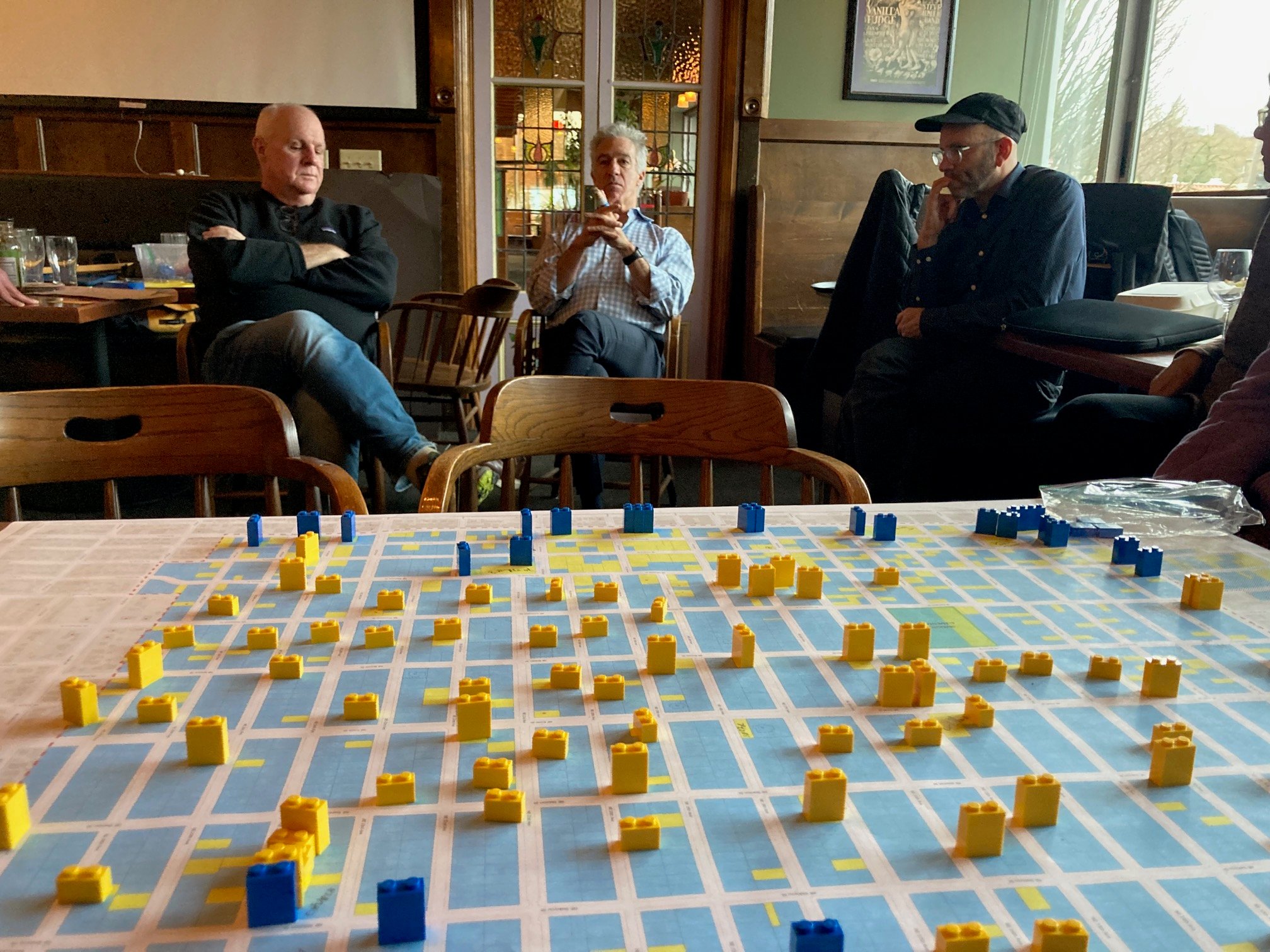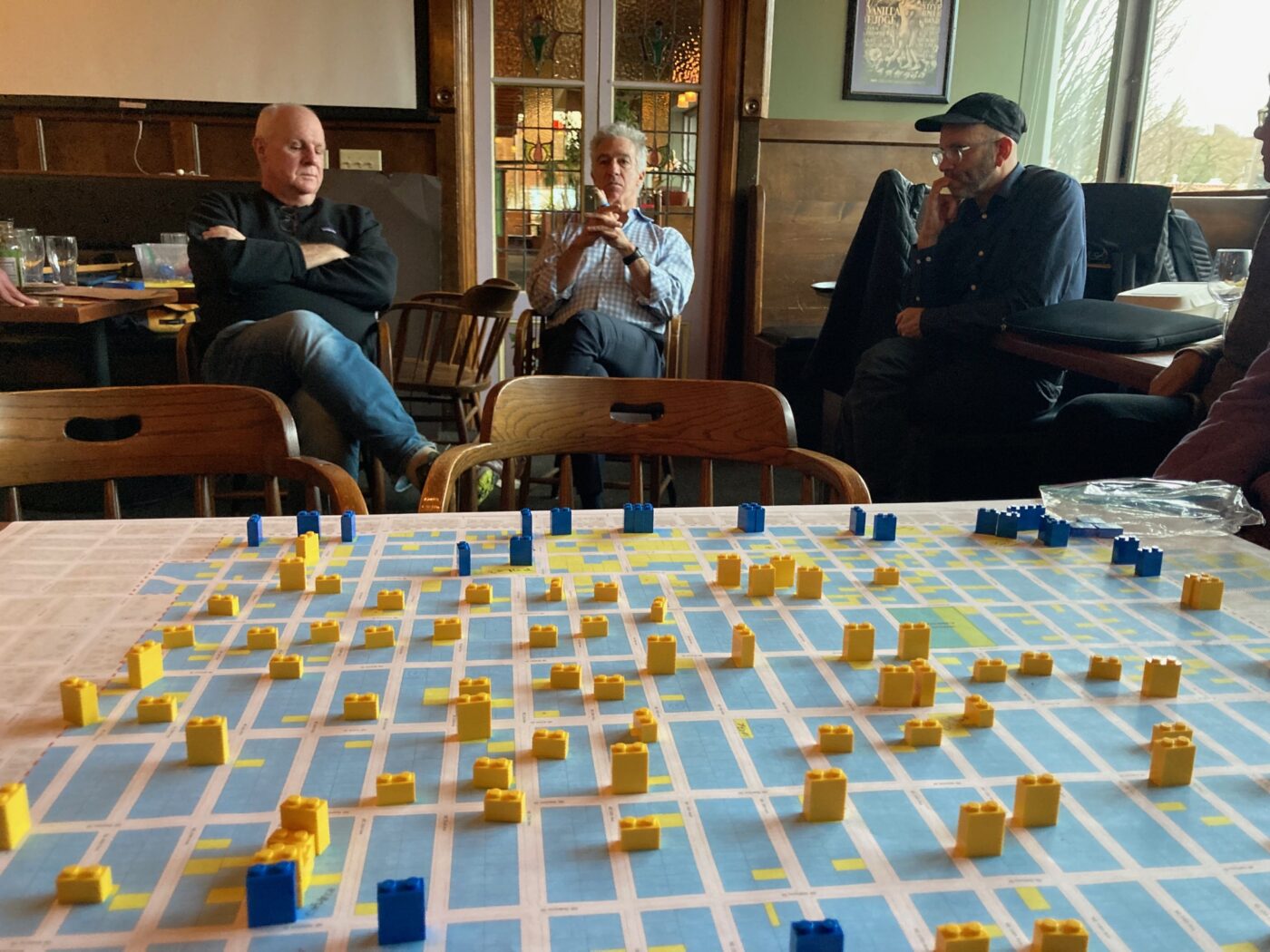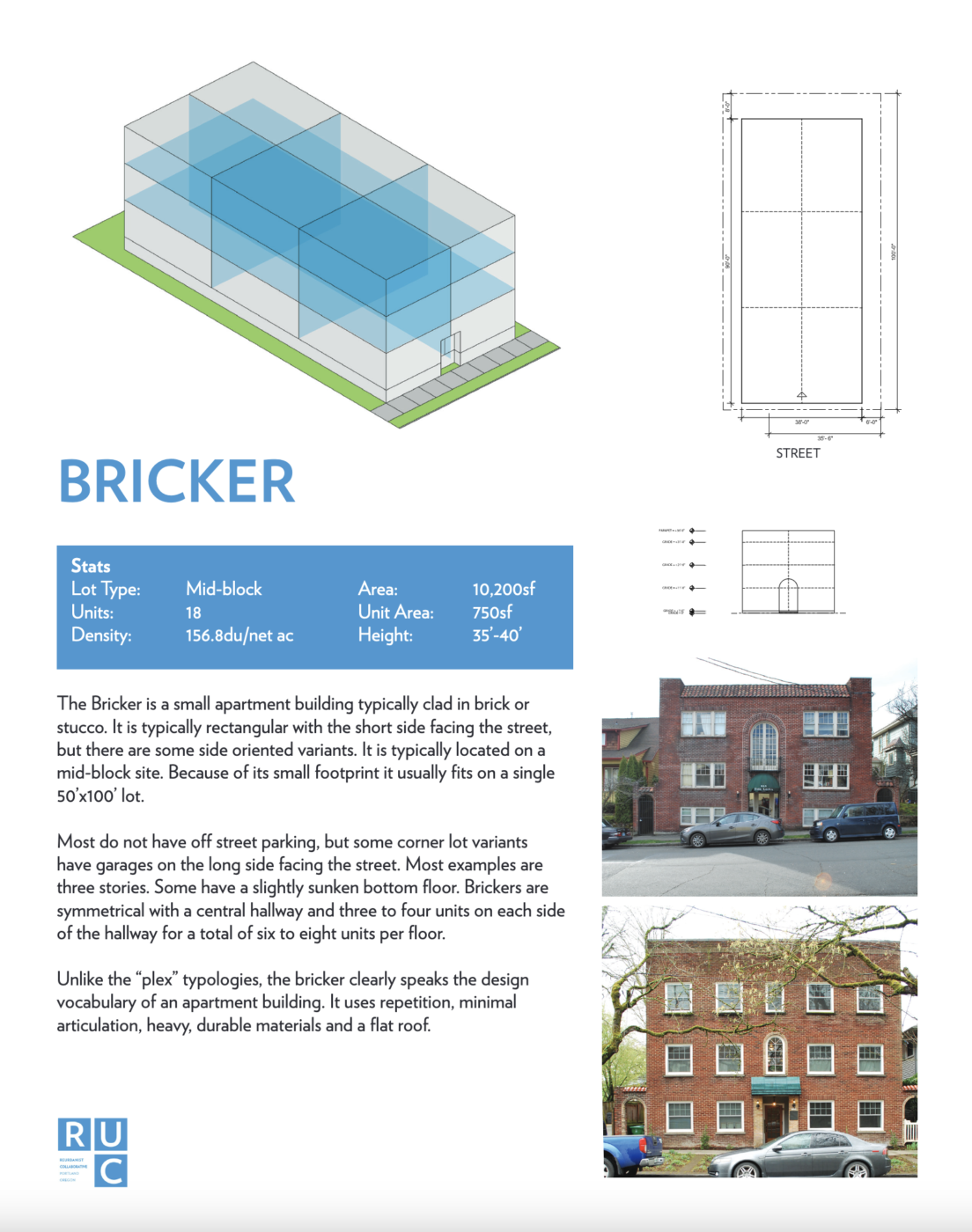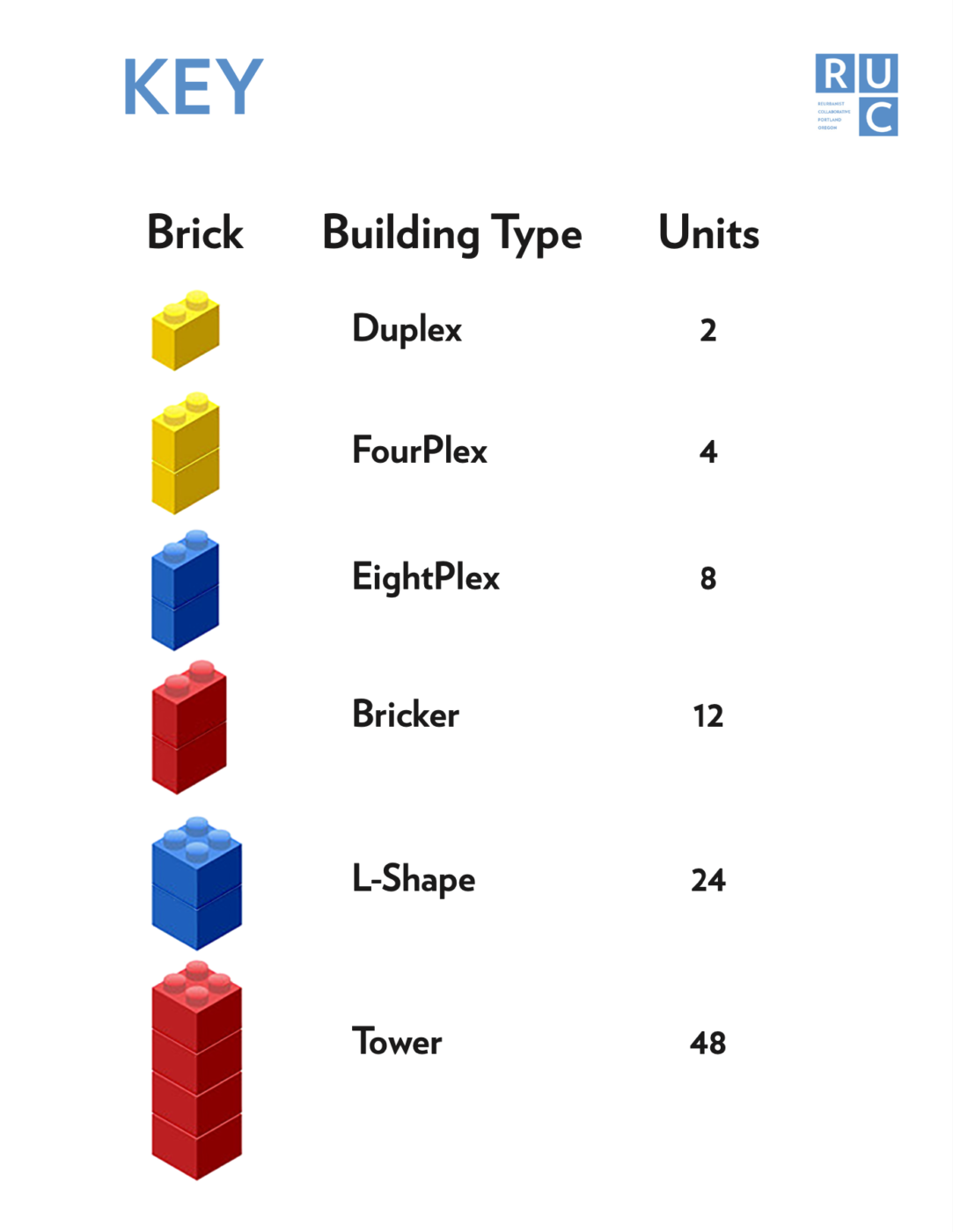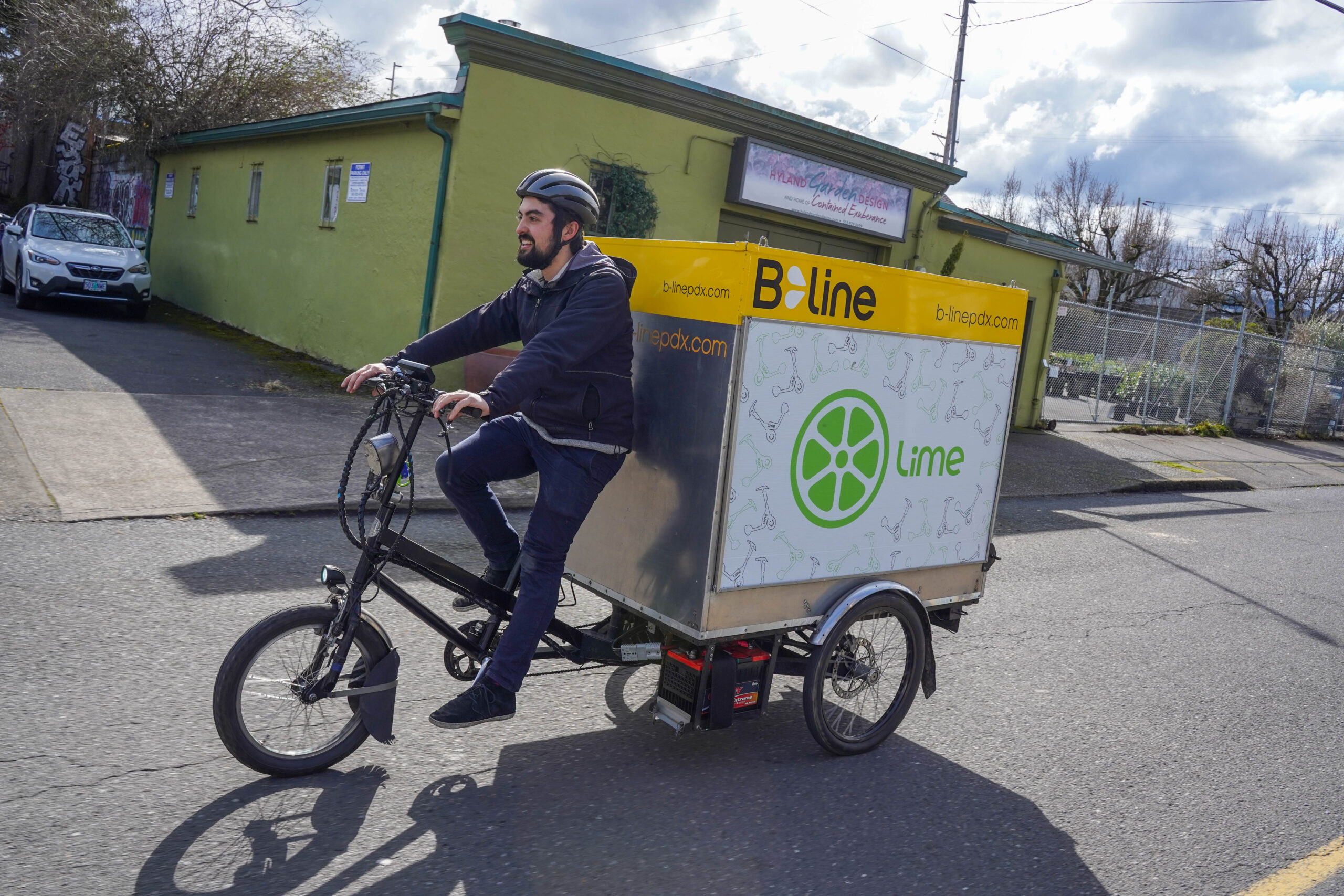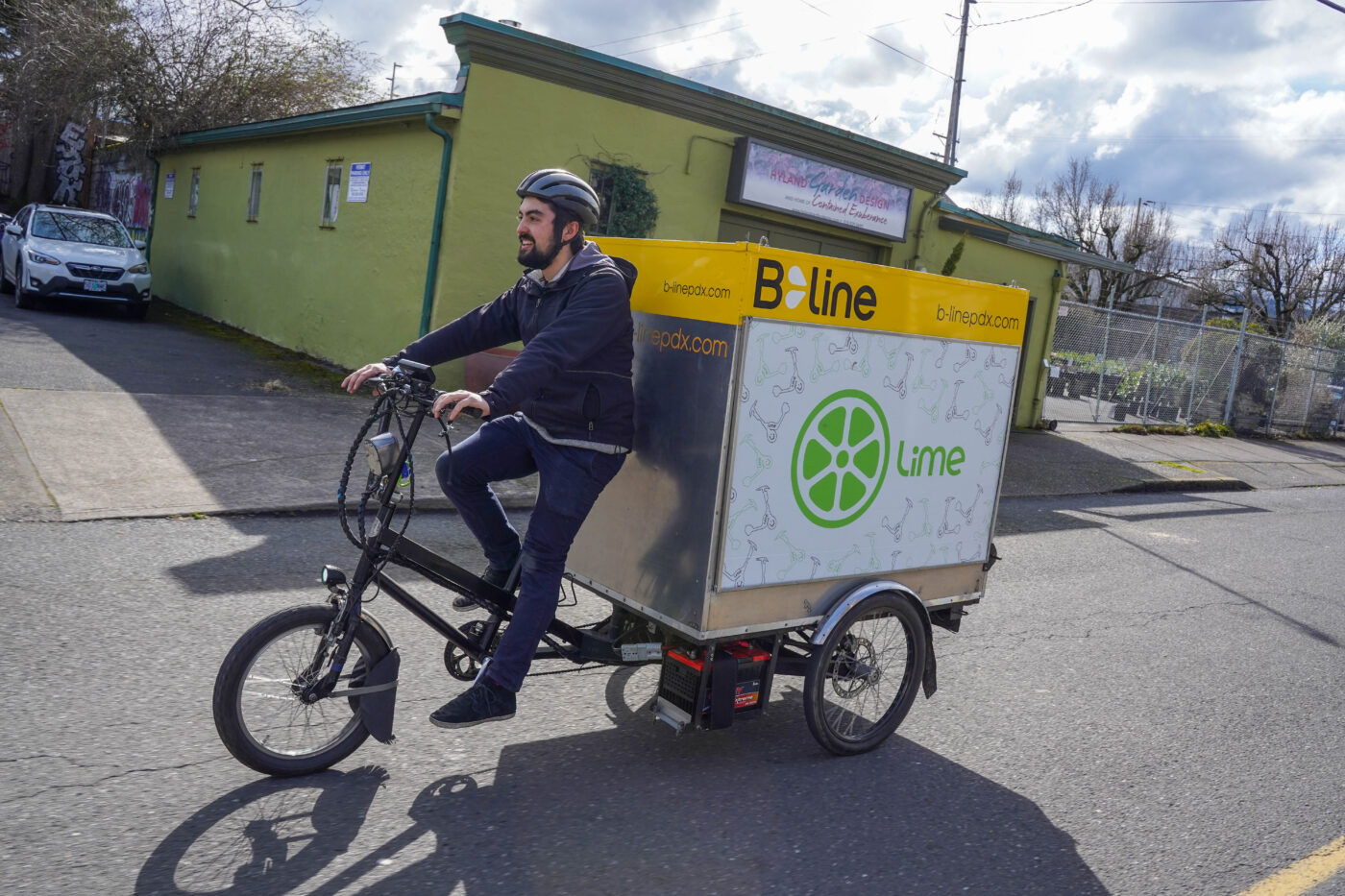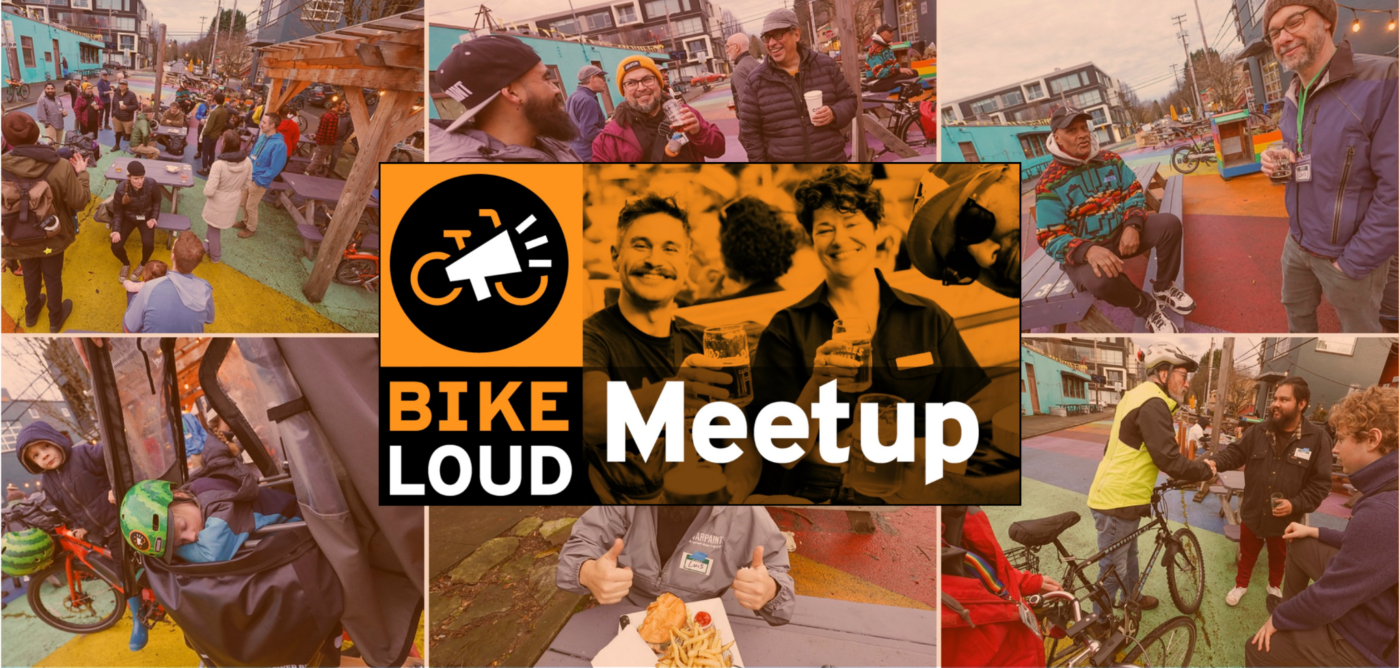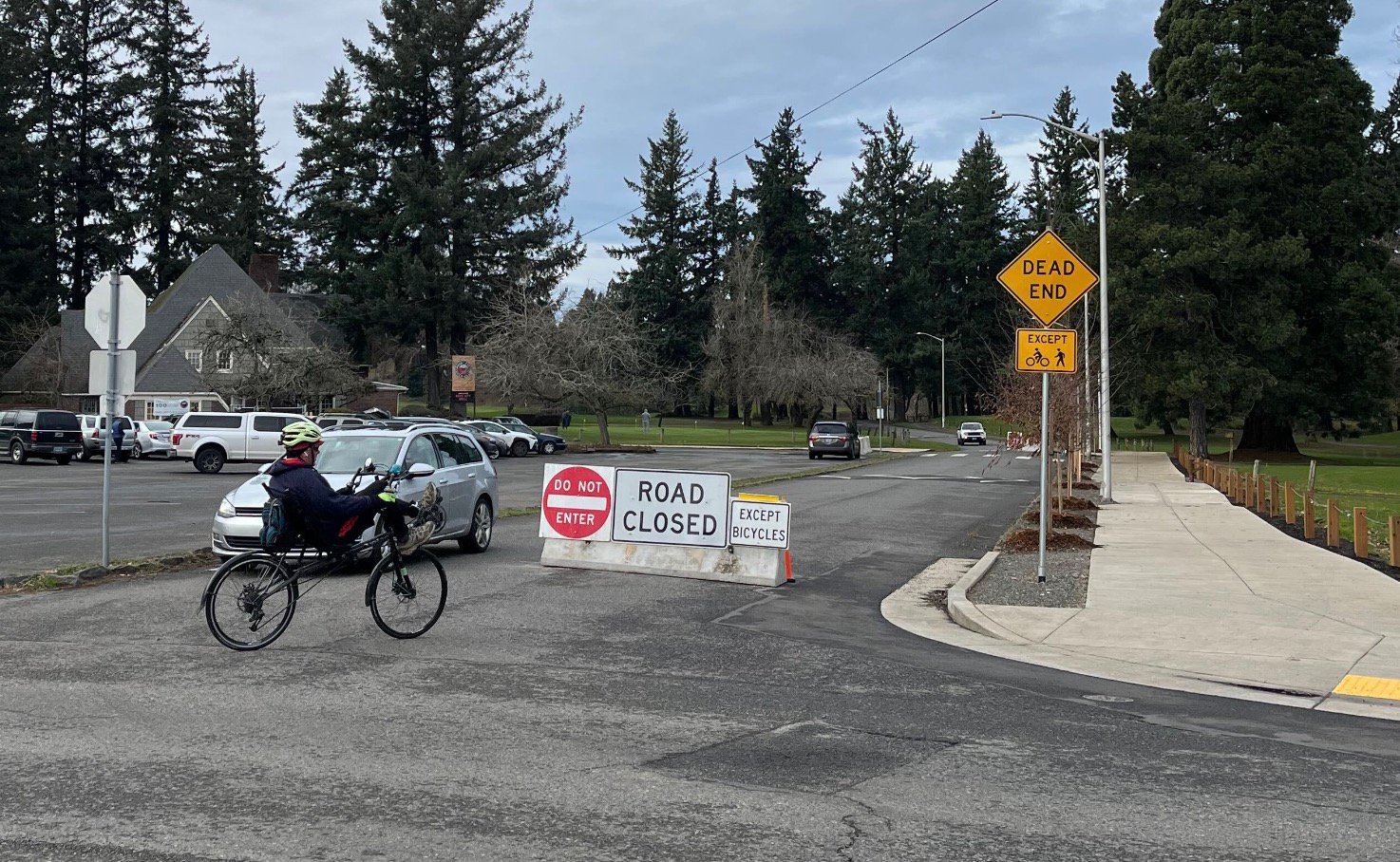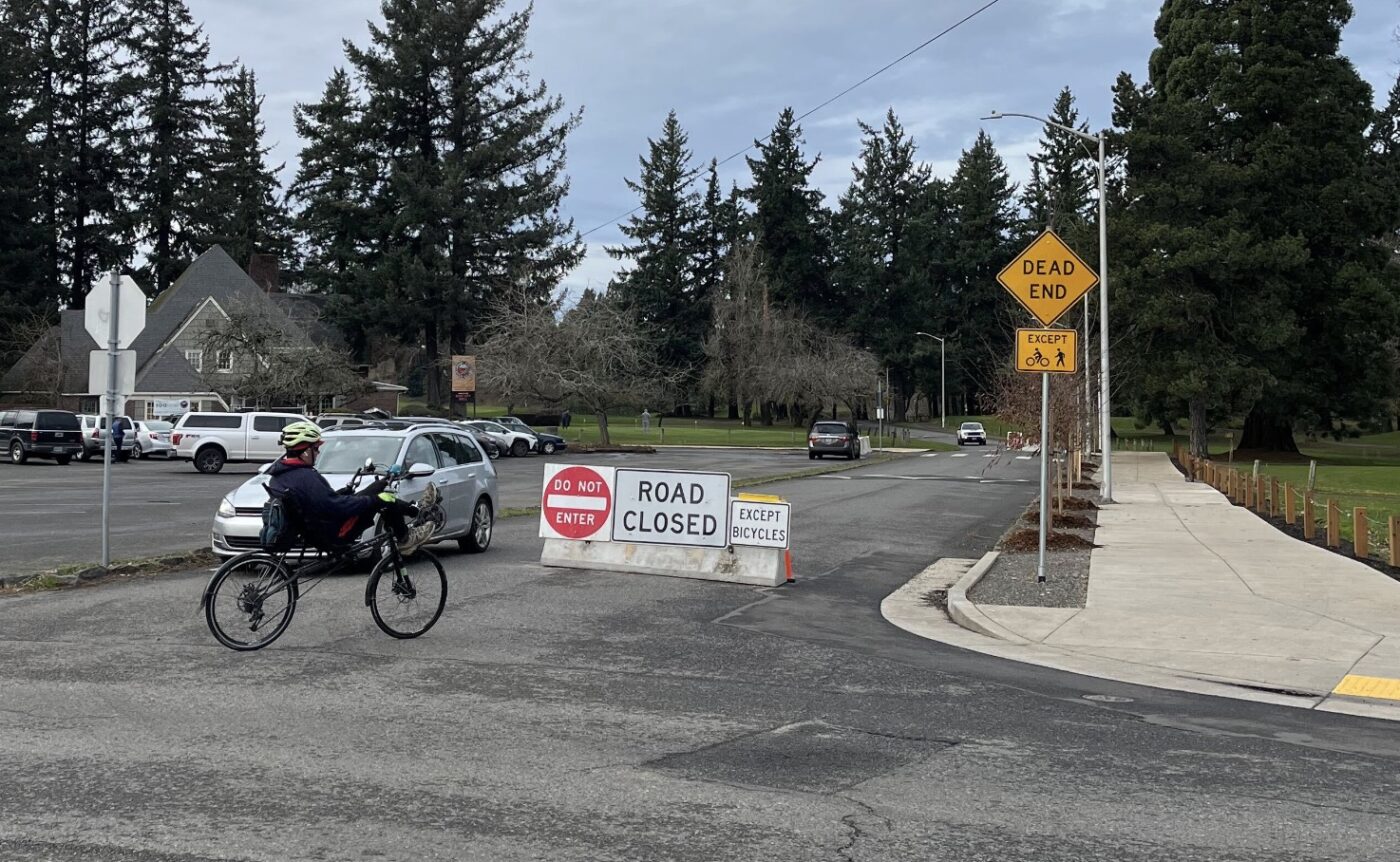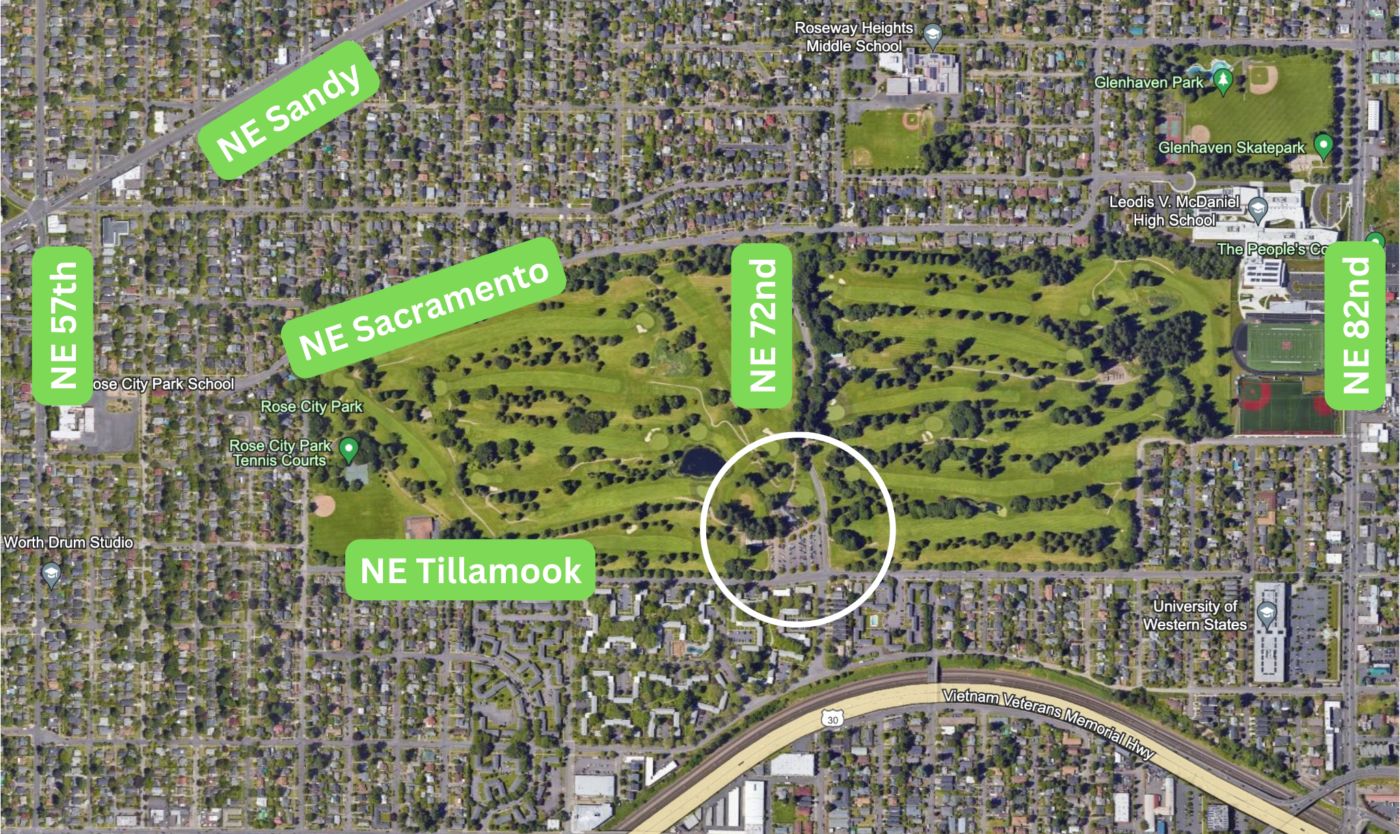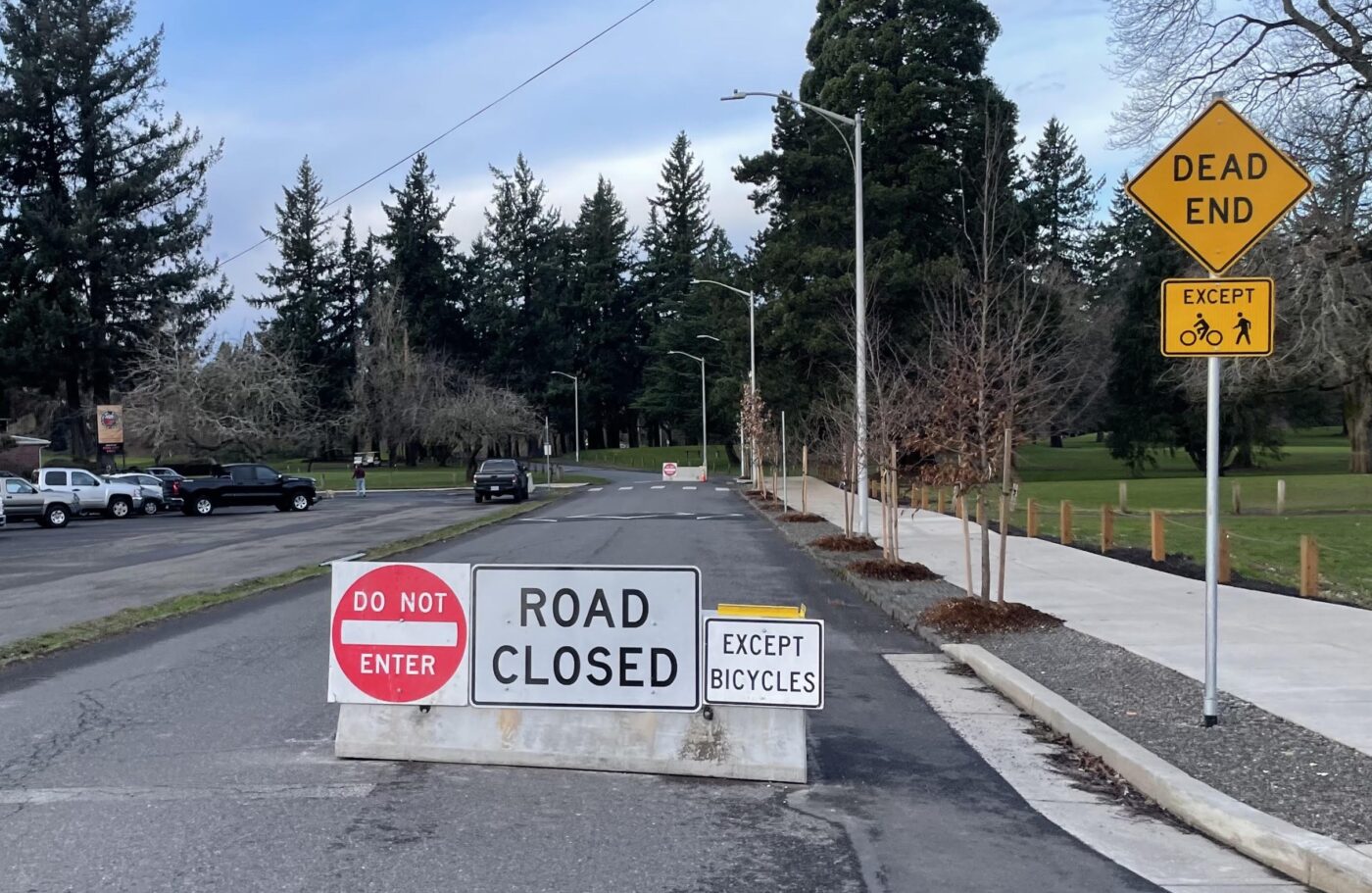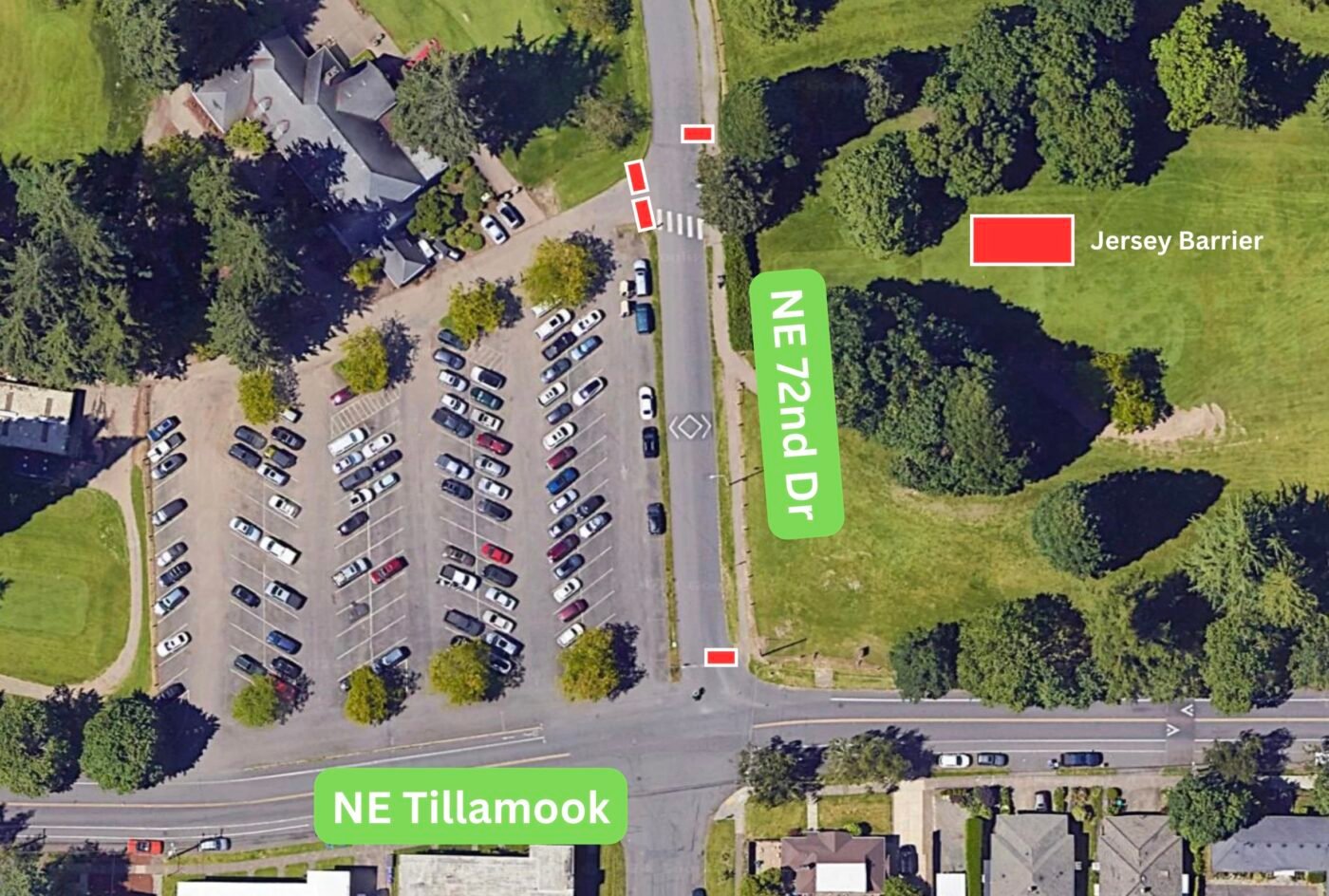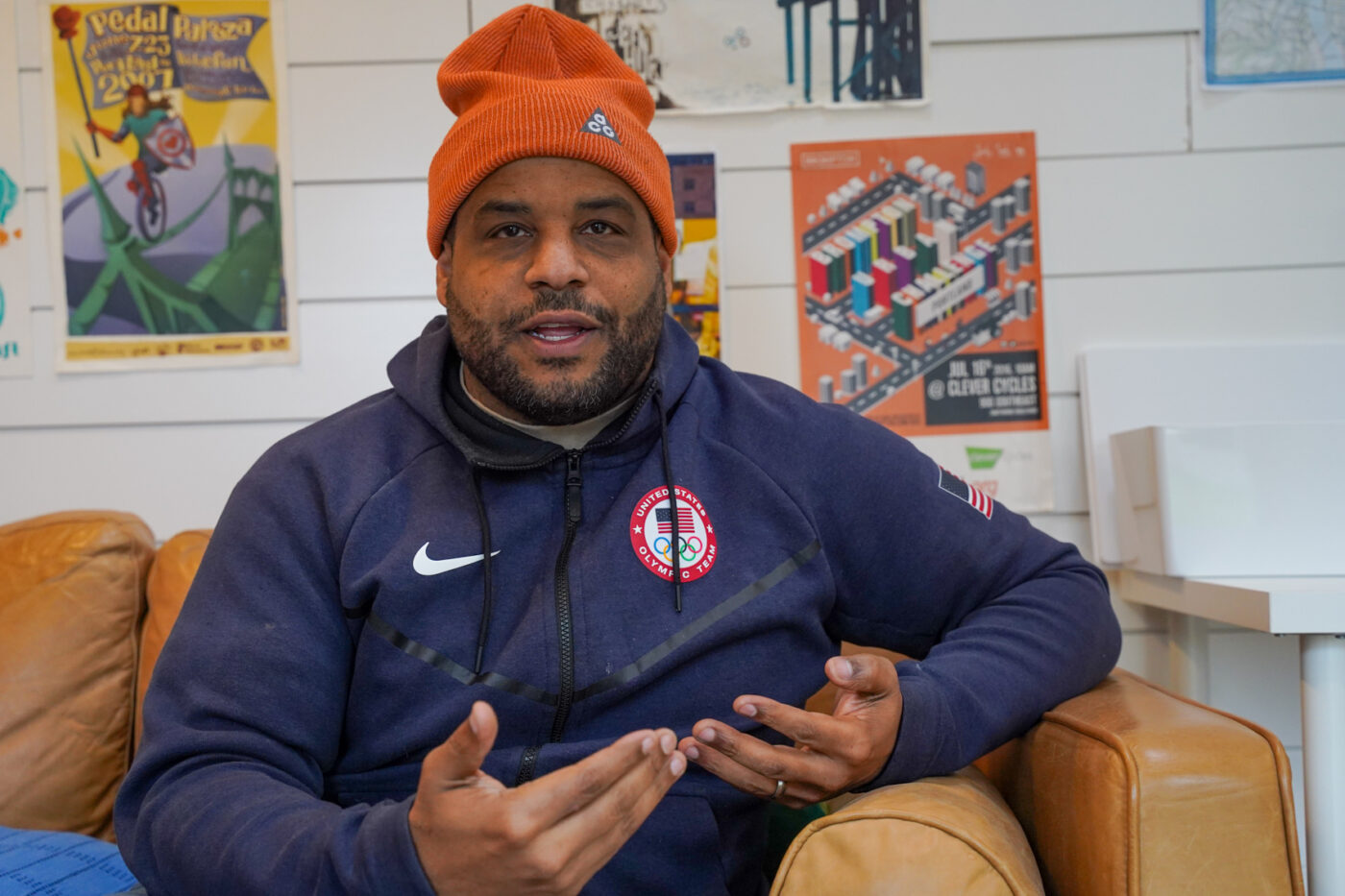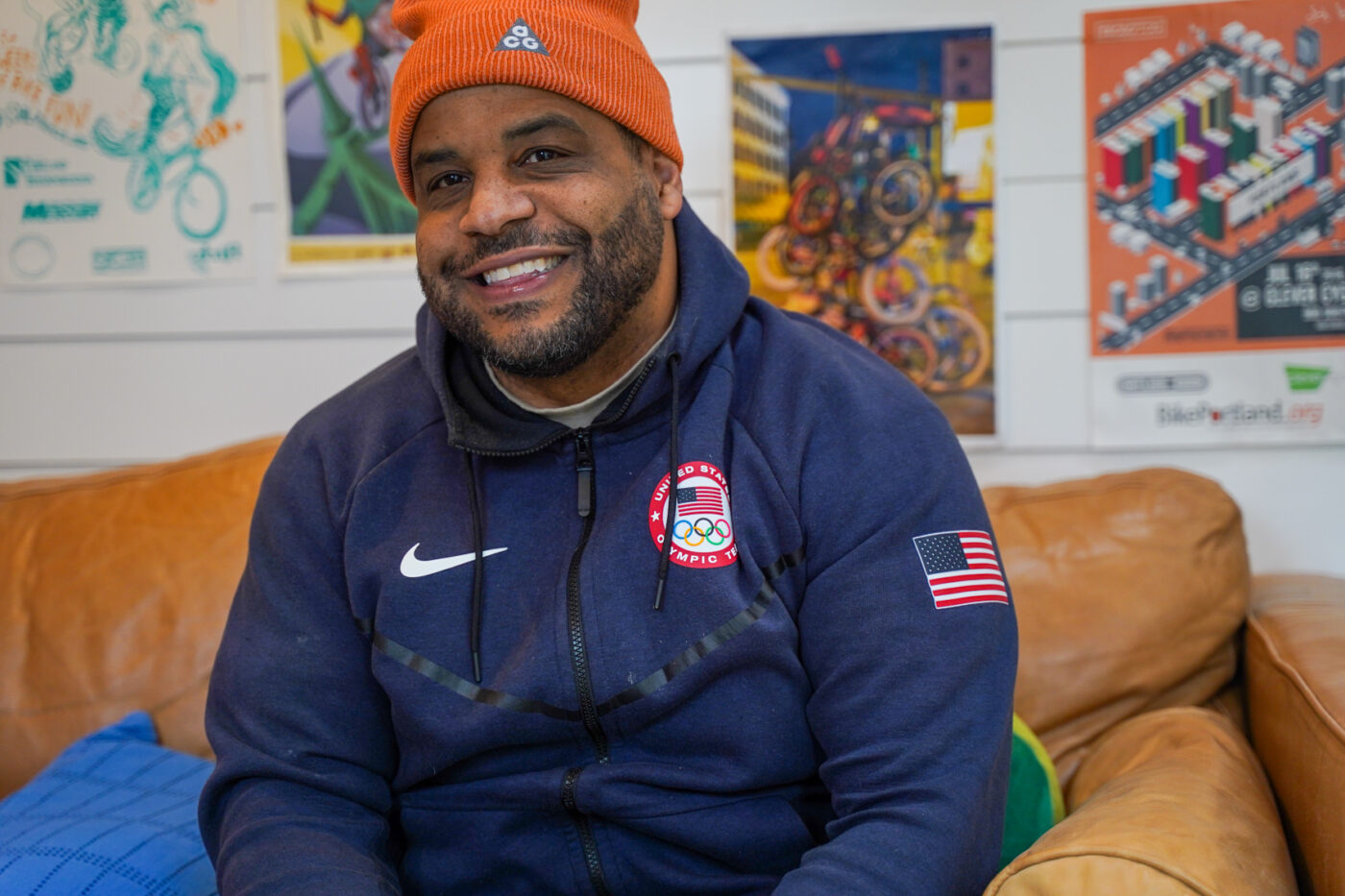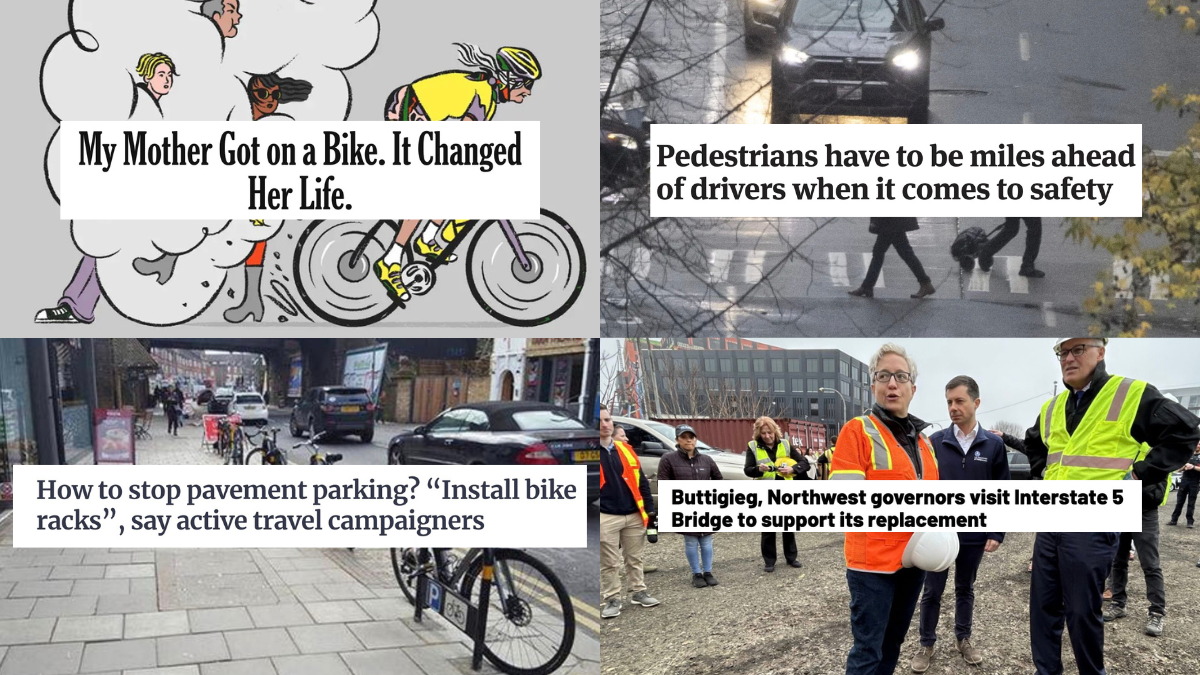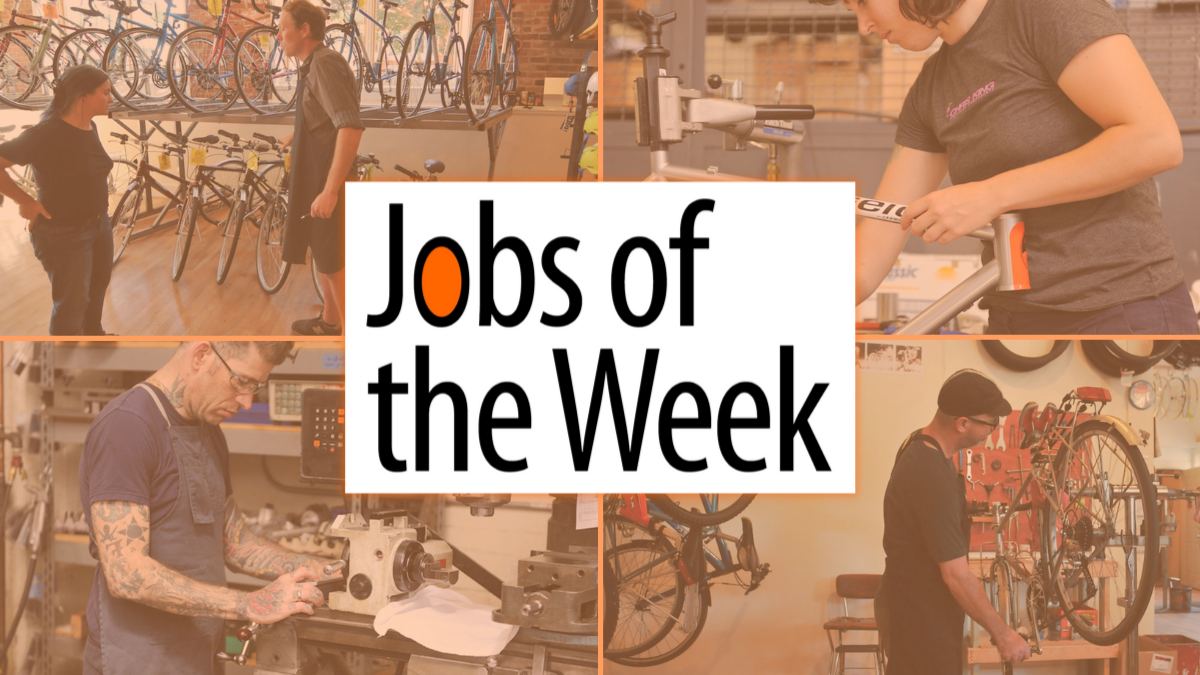Job Title
Customer Service Representative
Company / Organization
Chris King Precision Components
Job Description
Chris King Precision Components is a U.S. manufacturer of the finest bicycle components in the world. We are a socially and environmentally minded company and take pride in each and every part that gets made under one roof right here in Portland, Oregon.
If you are passionate about what you do and are interested in working hard for a progressive company that you can believe in, we just might have something for you! We are searching for a dependable, kind, timely, responsive professional with amazing customer service skills. As the face of our company, our Customer Service team plays a crucial role in delivering exceptional sales and service to our customers. The ideal candidate will demonstrate a proven ability to work both as a team and autonomously, showing self-motivation and a proactive approach to tasks without constant oversight. They should also be receptive to feedback, actively pursue opportunities for growth and development, and embody a commitment to continuous improvement. This includes maintaining and cultivating relationships with existing customers, as well as establishing new connections to foster trust and drive sales growth.
We offer a full benefit package and the perks of being in the bicycle industry. We have an in-house cafe that rivals many restaurants in Portland and you can earn café credits towards meals for riding bike or public transit.
Schedule for this role is Monday – Friday from 8:30 – 5pm
We do require a drug screen within 30 days after your first day working.
ESSENTIAL DUTIES AND RESPONSIBILITIES OPERATIONS:
· Provide excellent customer service through inbound and outbound telephone and email communication.
· Maintain and expand relationships with existing and new customers to increase trust, loyalty, and sales.
· Practice effective communication.
· Proactively communicate with current and potential customers.
· Demonstrate positive morale, professionalism and enthusiasm for company products, operations and initiatives.
· Address customer concerns related to products, shipping, and other company-related matters to ensure swift and effective resolution.
· Process all orders as indicated by policy and procedures.
· Follow up with current and prospective customers through email and phone communication.
· Possess product and technical knowledge, with a commitment to continuous learning.
· Process and record information accurately.
· Maintain integrity of orders, credit memos and all other paperwork.
· Able to adapt to changing circumstances and effectively solve customer needs.
· Serve as a backup in Shipping when needed.
· Prepares reports as requested.
· Treat all coworkers with courtesy and professionalism.
· Able to work harmoniously across all company departments.
· Take initiative and prioritize tasks to ensure work is completed.
· Participate as needed in events such as bike races, trade shows and in-house events.
· Adhere to our environmental and social philosophy when making decisions and recommendations.
· Complete other tasks and projects as assigned.
· Capacity to learn technical problem-solving.
Skills and Requirements:
Reasoning: Ability to solve complex problems.
Planning/Organization: Ability to handle various assignments while meeting deadlines with attention to detail.
Interpersonal: Ability to establish and maintain effective working relationships.
Language: Effective written and oral communication skills.
Mathematical: Ability to work with advanced mathematical concepts.
Computer: Proficiency in basic office software, ERP systems, and experience with Microsoft Office Suite and Apple products.
Physical Requirements:
Continuously: Sit, use a computer, use hands and fingers, talk, hear, speak.
Frequently: Reach, bend, twist.
Occasionally: Stand, walk, bend, stoop, kneel, lift up to 50lbs.
Environment:
Exposure to fumes or airborne particles.
The noise level varies, from quiet to loud, depending on job functions.
EDUCATION/EXPERIENCE:
· 2+ years of delivering a superior customer experience, through utilization of ERP systems and solid understanding of CRM account management (preferably as a retail sales lead or assistant manager).
· Knowledge of bike components, maintenance, compatibilities and installation.
· Capacity to learn technical problem solving.
· 1 year in outdoor industry preferable.
· Requires computer literacy, experience with a Microsoft Office Suite and Apple products helpful.
Benefits include, but are not limited to:
100 hours of paid time off (PTO) during your first year of employment
8 Paid Holidays per year
Company sponsored health insurance, vision, short term disability, long term disability, and life insurance
Voluntary dental insurance
401(k) Qualified Retirement Plan eligibility
Section 125-plan participation eligibility
Onsite employee café serving breakfast and lunch daily at cost pricing
Commuter credits for using alternative transportation ie: biking, walking, e-vehicle, etc.
Employee purchase program for internal CKPC and outdoor/cycling industry products
Bi-annual bike commute challenges to earn up to 20 additional hours of PTO per year
***Please include a cover letter when applying***
It is the policy of King Cycle Group not to discriminate against any applicant for employment because of age, color, sex, disability, national origin, race, religion, or veteran status. Visit our website at www.chrisking.com.
Job Type: Full-time
Salary: From $19.00 per hour
Expected hours: 40 per week
Benefits:
401(k)
401(k) matching
Dental insurance
Health insurance
Paid time off
Vision insurance
Experience level:
2 years
Shift:
Day shift
Weekly day range:
Monday to Friday
Work setting:
In-person
Office
Work Location: In person
How to Apply
Please send your resume to caryn.millar@chrisking.com




